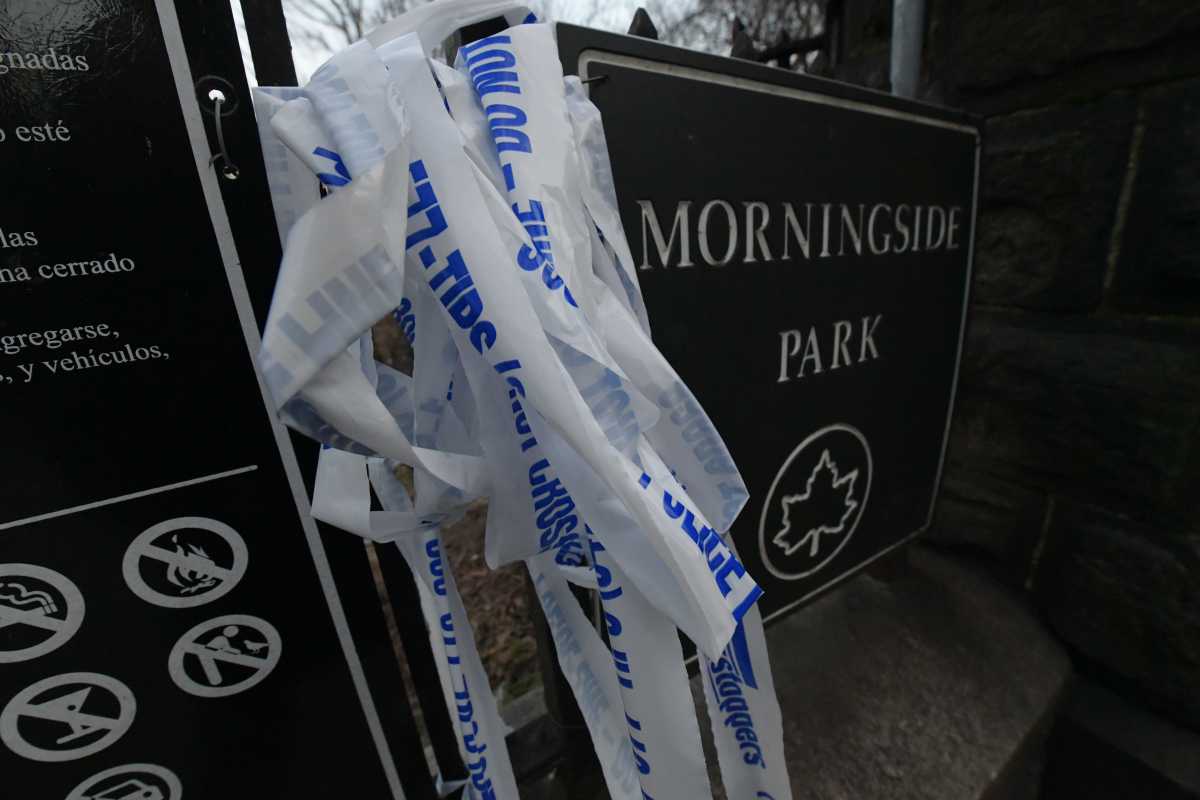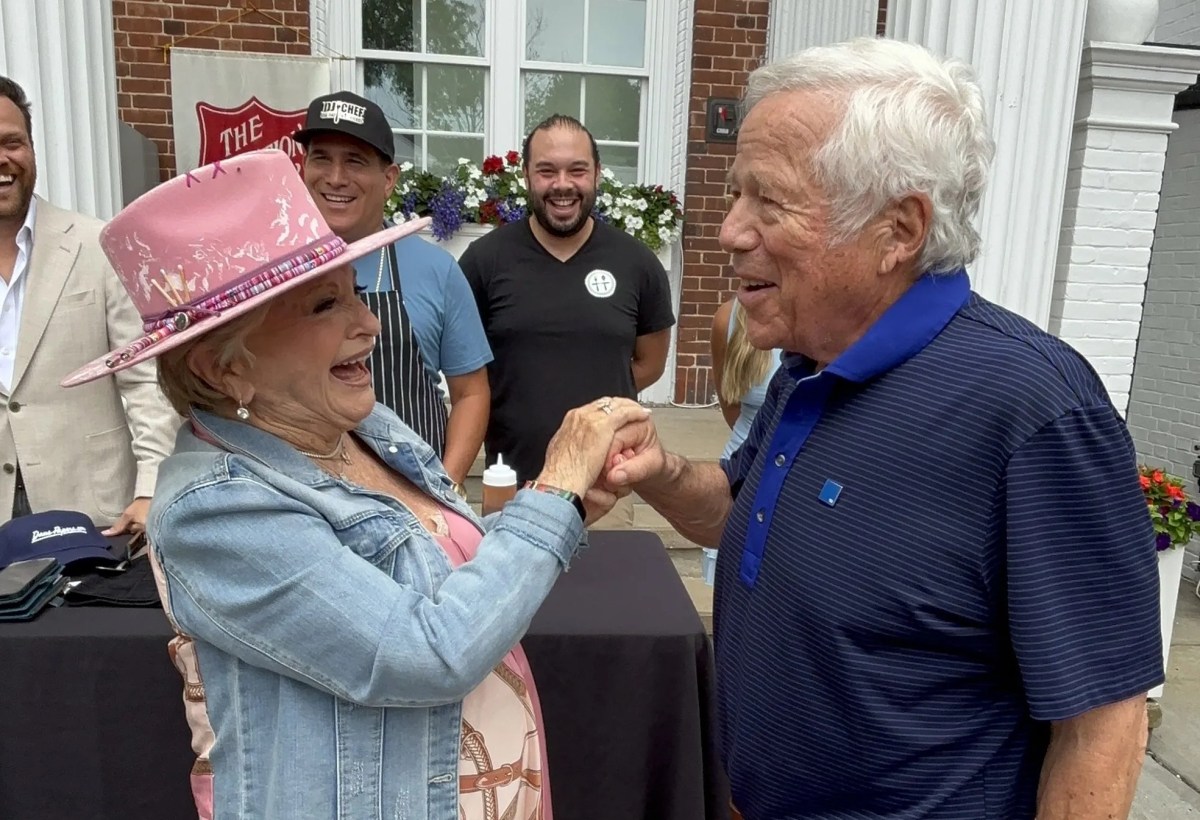By MICHAEL R. SISAK
A Barnard College freshman who was fatally stabbed last week in a park near the school’s New York City campus died from wounds to the torso, the city’s medical examiner said Monday.
Police said as many as three youths confronted 18-year-old Tessa Majors as she walked in Manhattan’s Morningside Park just before 7 p.m. on Dec. 11.
A 13-year-old boy was arrested Friday on charges including felony murder.
Police said he admitted he was with the group that confronted Majors, but said he did not stab her. The boy is being held in a juvenile detention facility and is due back in family court Tuesday.
At a hearing Friday, Detective Vincent Signoretti testified that the teen said he watched his friend slash Majors with a knife. The teen’s lawyer, Hannah Kaplan of the Legal Aid Society, said police didn’t have evidence beyond the boy’s statement, saying he was “merely present when this took place.”
Meanwhile, a police union official is under fire for his comments on a radio show Sunday speculating about why Majors was in the park.
Sergeants Benevolent Association president Ed Mullins was denounced by Majors’ family after telling 970 AM’s “The Cats Roundtable” it was his understanding she was there to buy marijuana.
Majors’ family called the remarks “deeply inappropriate, as they intentionally or unintentionally direct blame onto Tess, a young woman, for her own murder.”
“We would ask Mr. Mullins not to engage in such irresponsible public speculation, just as the NYPD asked our family not to comment as it conducts the investigation,” Majors’ family said in a statement Monday.
Mayor Bill de Blasio tweeted his reaction to Mullins: “We don’t shame victims in this city.”
Majors, from Charlottesville, Virginia, played in a rock band in New York and had told an editor from a newspaper internship in high school that she planned to take journalism classes in college.
“Our family would like to thank the thousands of strangers who have taken the time to console us, share in our grief, and let us know we are not alone during this terrible time,” Majors’ family said in the statement Monday. “Tess would not have been surprised by this beautiful reminder of our shared humanity.”
Juveniles convicted in New York state’s family courts can be sent to detention facilities until they are 21 in many cases, and are often released after that.



































